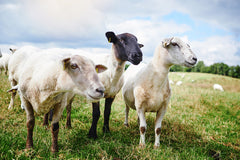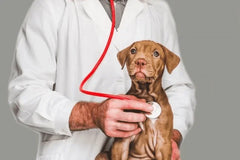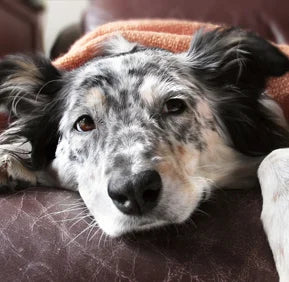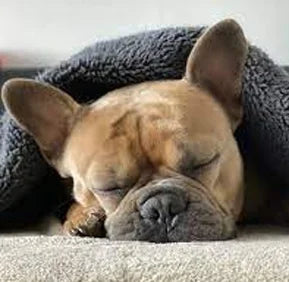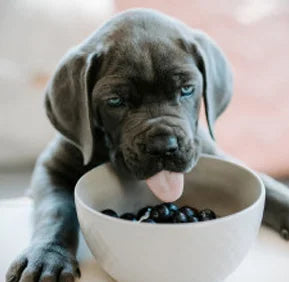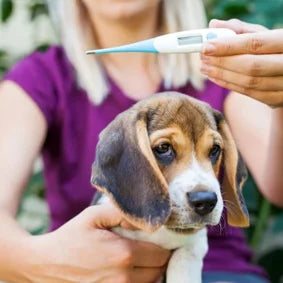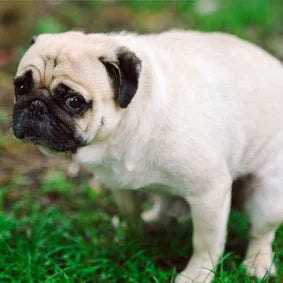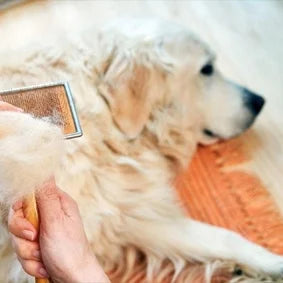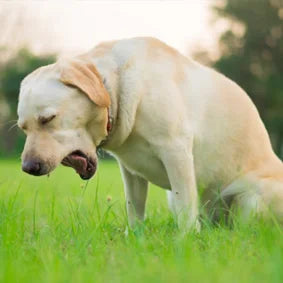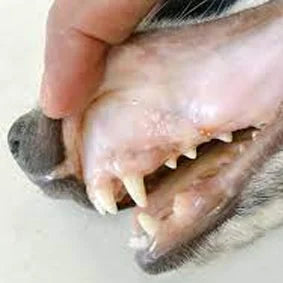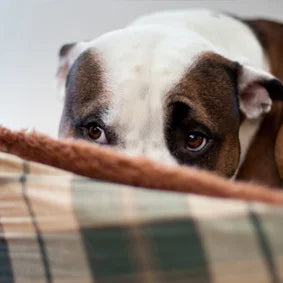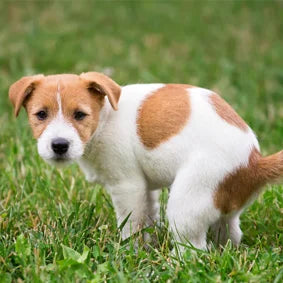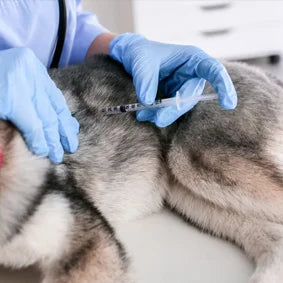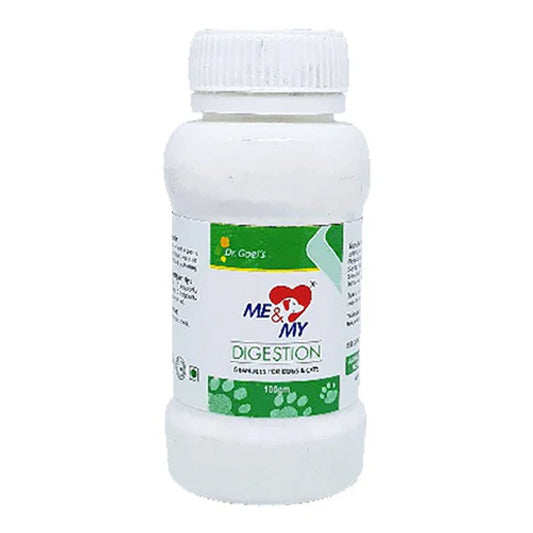Kidney impairment in pets, also known as kidney disease or renal failure, is a common and serious health condition that can affect cats, dogs, and other animals. The kidneys play a vital role in filtering waste products and toxins from the bloodstream, regulating electrolyte balance, and maintaining proper hydration levels in the body.
Causes of Kidney Impairment in Pets:
Tips & Prevention of Kidney Impairment in pets
Maintaining pets’ kidney health is crucial for their well-being. Regular vet check-ups, balanced diets, hydration, and keeping toxins away are vital. Proactive care reduces kidney impairment risk, ensuring a happier life for your pet.
Symptoms of Kidney Impairment in pets
-
Increased Thirst And Urination
Pets with kidney impairment may drink more water than usual and consequently urinate more frequently. This occurs because the kidneys are less efficient at concentrating urine, leading to increased water intake and output.
-
Loss Of Appetite
Kidney disease can cause nausea and discomfort, leading to a reduced appetite in pets. As a result, they may eat less or show a lack of interest in food.
-
Weight Loss
Due to reduced food intake and the body's inability to process nutrients properly, pets with kidney impairment may experience weight loss.
-
Vomiting And Diarrhoea
The kidneys play a role in maintaining the balance of fluids and electrolytes in the body. When they are impaired, it can lead to gastrointestinal disturbances, such as vomiting and diarrhoea.
-
Lethargy Or Weakness
Kidney disease can cause a build-up of toxins and waste products in the bloodstream, leading to fatigue, lethargy, and weakness in pets.
-
Bad Breath
The accumulation of waste products in the bloodstream can cause a distinctive ammonia-like odour on the pet's breath.
-
Poor Coat Condition
The coat of a pet with kidney impairment may become dull, dry, and unkempt due to a lack of proper nutrient processing and dehydration.
-
Dehydration
Prolonged diarrhoea can cause dehydration in pets. Signs of dehydration include dry gums, sunken eyes, loss of skin elasticity, increased thirst, and lethargy.
Trusted by Veterinarians
“As a veterinarian, I am thrilled to endorse Dr. Goel Vet Pharma’s homeopathic products for our furry friends. Their commitment to advancing homeopathic veterinary medicine is evident in the exceptional quality of their products. The innovative solutions they provide have significantly enhanced our ability to care for our animal patients, ensuring optimal health outcomes. I highly recommend Dr. Goel Vet Pharma’s products to pet parents for their unwavering dedication to the well-being of pet animals and the invaluable support they offer to the veterinarian community.”
– Dr. Sakshi Sharma (B.V.sc. & A.H. M.V.Sc , NET)
Treat your Pet from Kidney issue with Dr.Goel’s CRETIGO DROPS for PET
Homeopathic Veterinary Medicine
CRETIGO DROPS for pets is the best remedy for treating symptoms of renal impairment like Blood in urine, Lethargy, Pale gums, Ulcers in the mouth, Intestinal seizures, Significant weight loss, Drunken behaviUor, or uncoordinated movement such as stumbling, Significant decrease in appetite. CRETIGO DROPS helps to restore kidney functions and maintains creatinine levels in the blood.








Me & My DIGESTION
GRANULES FOR PETS ( For Indigestion in Pets )
Me & My DIGESTION Pet Supplement is a unique formula of valuable supplements for Dogs & Cats that help maintain the gut health of your lovable pets. It thus maintains the PH of the gut during gastric disturbances like biliary obstruction, vomitions, dyspepsia, food poisoning or any other and protects your pet’s health.
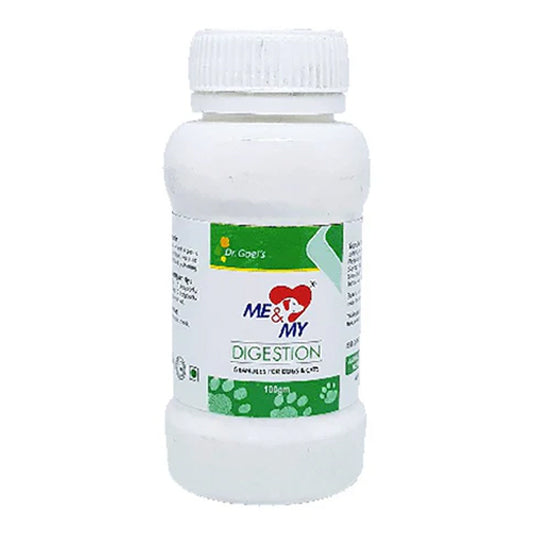
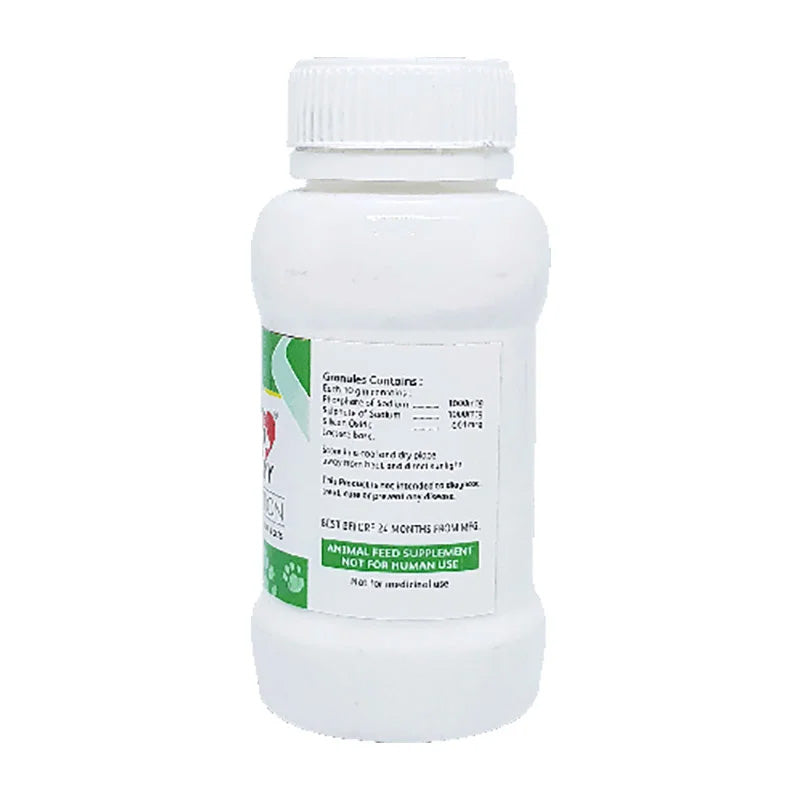
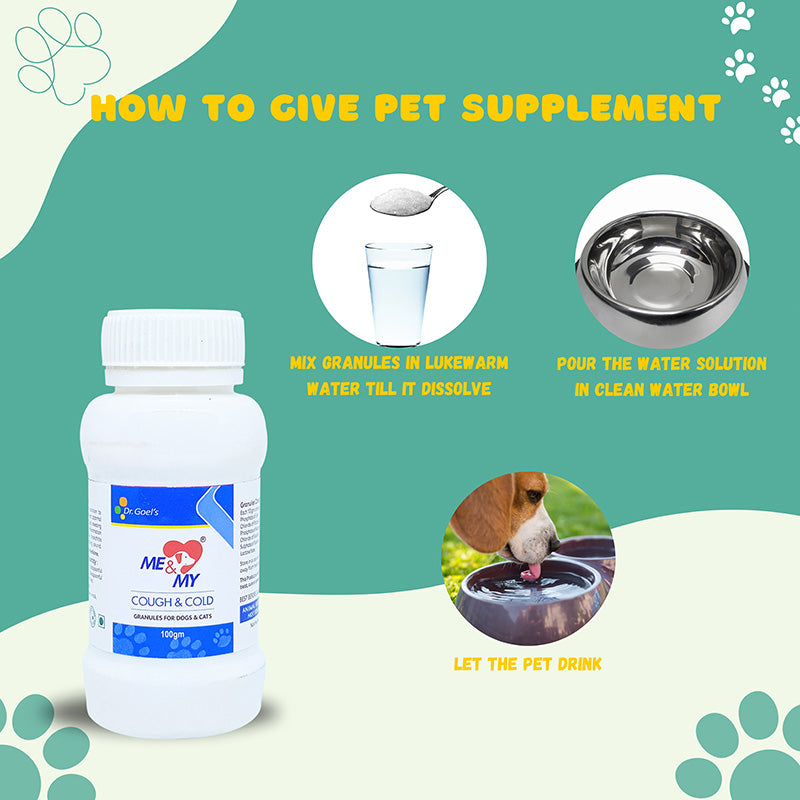
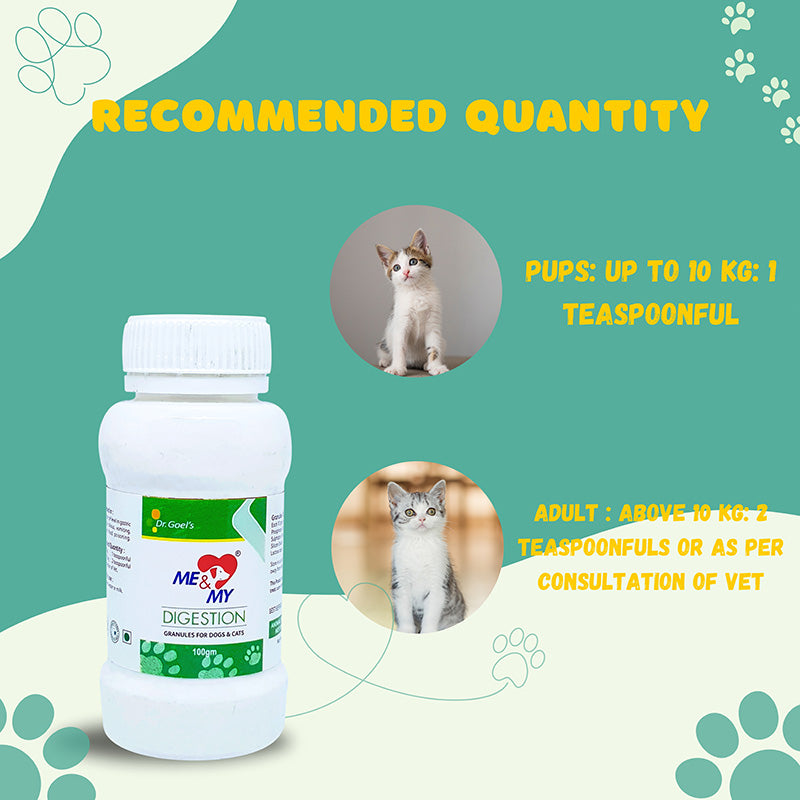
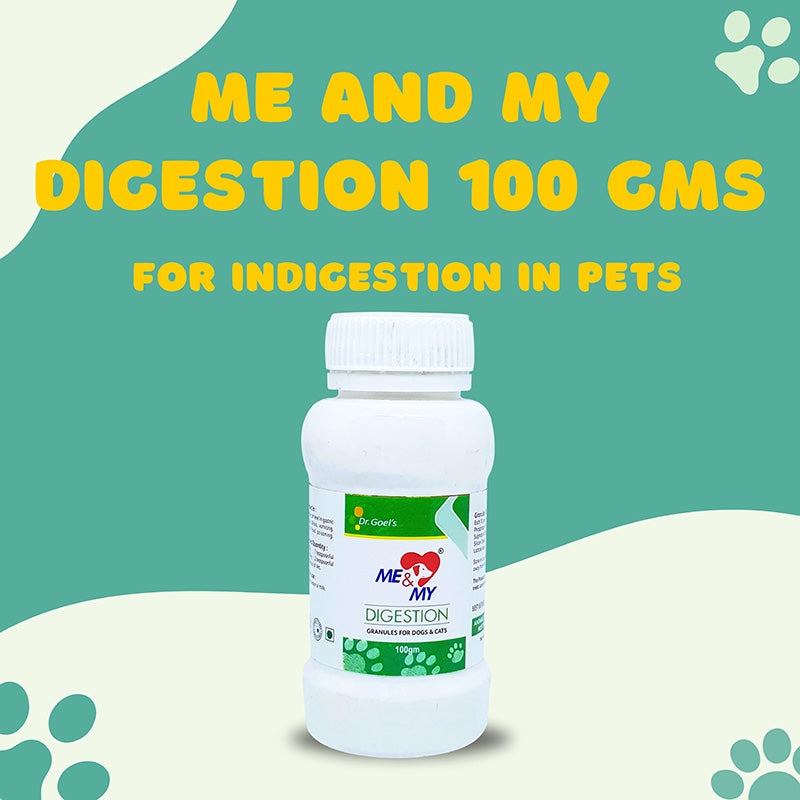
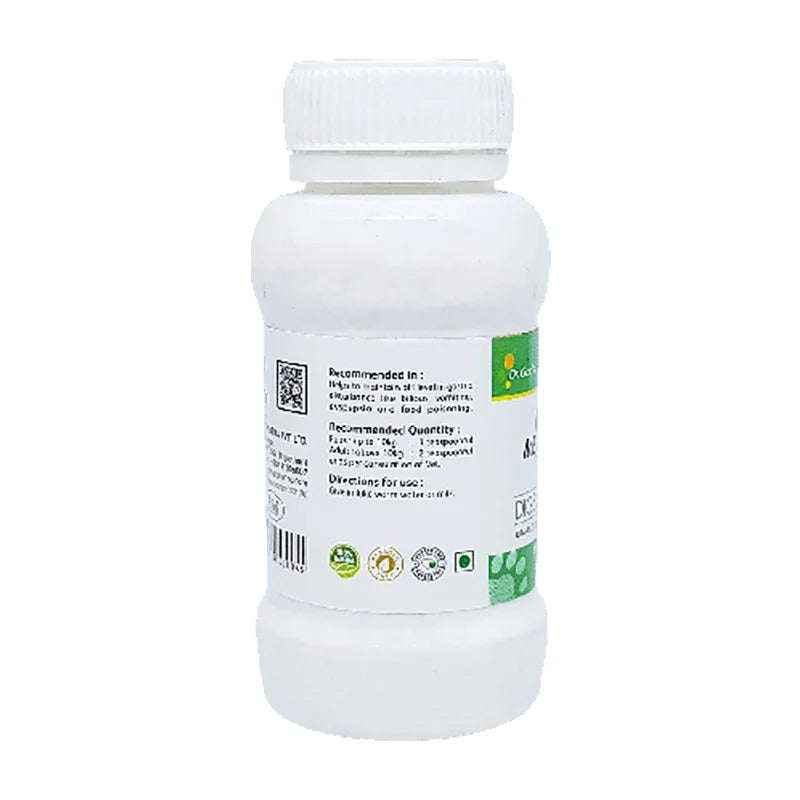
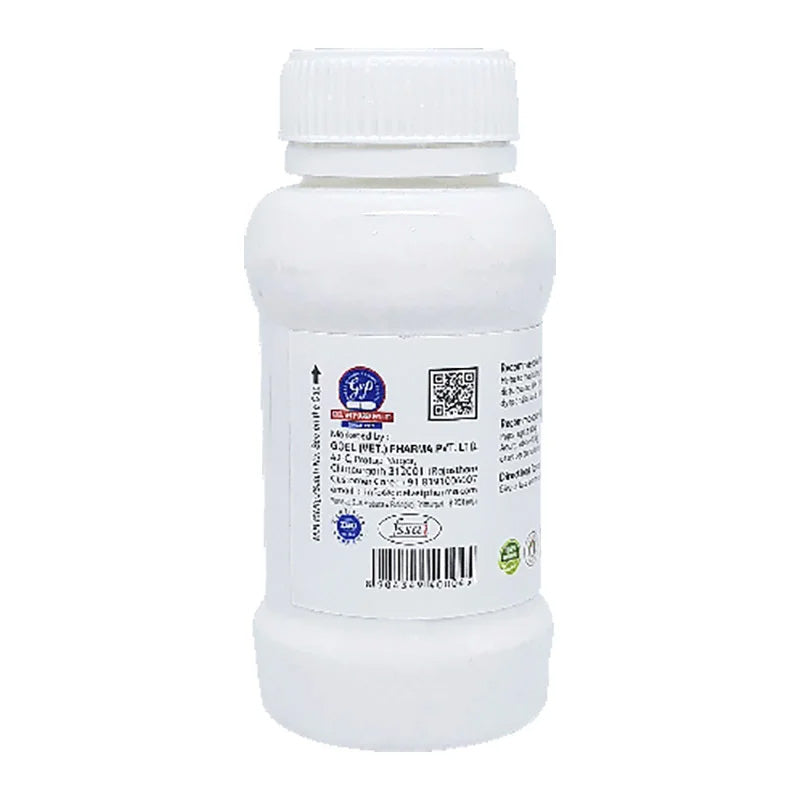
Blog posts
Frequently Asked Questions
My dog has been suffering from acute HGE from last sept, meds are being given but I wishCreatine level was 9.9 which reduced to 6 in a week Age is 9 year mam plz suggest the medicine?
Kindly use Cretigo and cystigo in combination @ 15 drops of each x 3 times a day
Loose motion medicHow effective is cretigo for kidney issues?
Cretigo is very helpful to take care of advanced kidney failure cases but if the pet is having only kidney and urination problem without kidney failure, then use cystigo




